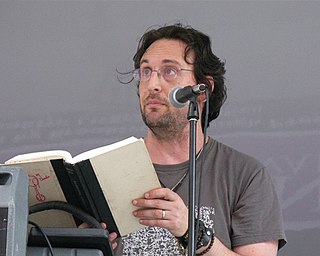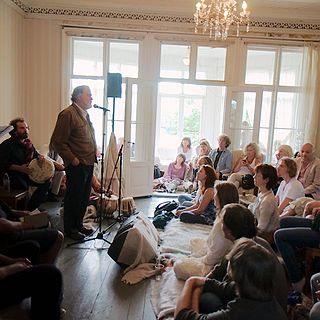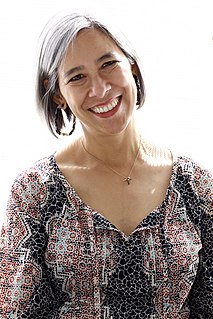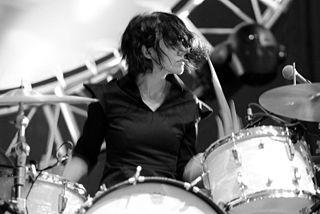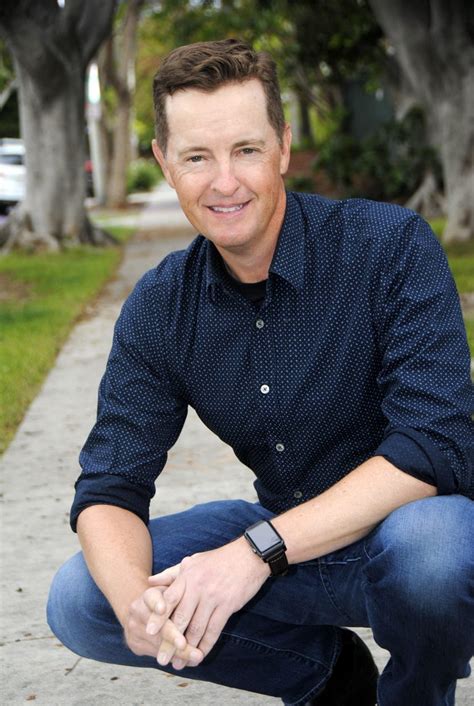A Quote by Sally Mann
I'd park myself in the bookstore and read with one eye on everyone coming in. I remember reading a Robert Bly book of poetry.
Related Quotes
I doubt if I shall ever have time to read the book again -- there are too many new ones coming out all the time which I want to read. Yet an old book has something for me which no new book can ever have -- for at every reading the memories and atmosphere of other readings come back and I am reading old years as well as an old book.
I read continually and don't understand writers who say they don't read while working on a book. For a start, a book takes me about two years to write, so there's no way I am depriving myself of reading during that time. Another thing is that reading other writers is continually inspiring - reading great writers reminds you how hard you have to work.
It's pathetic, but I don't really remember my first time reading 'The Great Gatsby.' I must have read it in high school. I'm pretty sure I remember it being assigned, and I generally did the reading. But I don't remember having a reaction to the book, even though I loved literature, and other works made a lasting impression on me at that age.
Writing is a bit like walking into a big bookstore. It's the bookstore of your brain, and you know you're never going to read all those books. It makes you happy you're in the bookstore, and you're nervous because you know you're never going to read all those books. So the nervousness is also happy. Once I get going writing poetry is one of the happiest things I do, but it is also fraught with all of these anxieties.
When I was a teenager, reading for me was as normal, as unremarkable as eating or breathing. Reading gave flight to my imagination and strengthened my understanding of the world, the society I lived in, and myself. More importantly, reading was fun, a way to live more than one life as I immersed myself in each good book I read.
The first comic I can remember ever reading was a 'Fantastic Four' issue that my dad bought out of the drugstore once. The thing that struck me about it was that the ending wasn't an ending. It was essentially a cliffhanger. It was the first time I had ever read anything like that, where you read a book, but the book isn't the book.


